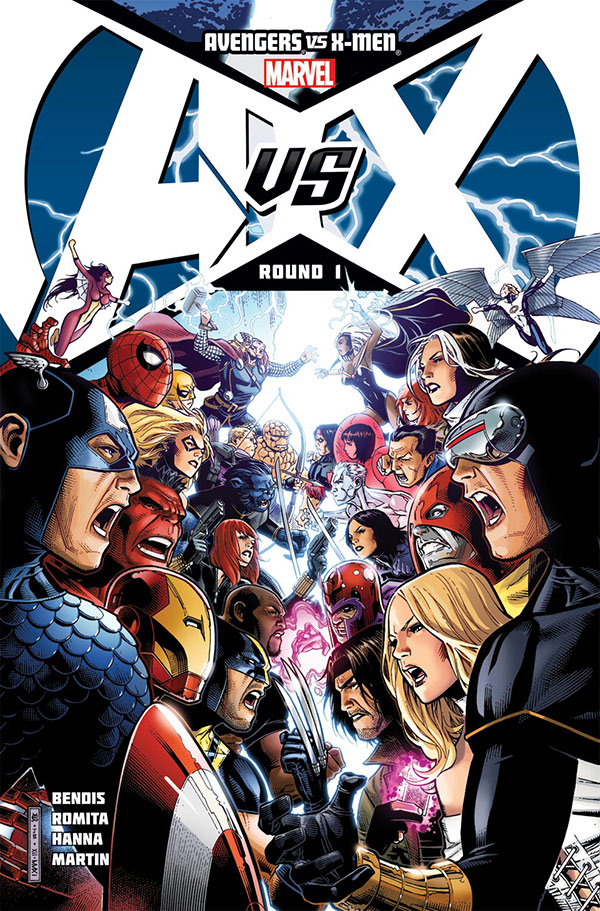
The possibility that Disney may buy part of Fox – including crucially in this context its movie studio 20th Century Fox – has excited the attention of the geekier parts of the internet for one specific reason:

For those of you who are not familiar with the landscape of superhero movies, let me recap quickly. Both the X-Men and the Avengers were characters that originated in Marvel comics. However, you do not see them on the big screen together because in the 1990s, Marvel was losing money and to stay afloat it sold the movie rights to its most popular characters. Fox bought the X-Men and the Fantastic Four, and has been making movies featuring those characters ever since. Then in the 2000s, Marvel began producing its own movies based on the characters it hadn’t sold the rights to. Against the odds these second-tier hereos like Iron Man, Captain America and Black Widow proved to be the basis for the most profitable franchise in movie history. Then Disney bought Marvel. The result was that the movie versions Avengers and the Fantastic Four wound up owned by two different companies, each making its own movies, set in its own fictional universe. If one company attempted to use the other’s characters in its movies it would be sued for breach of copyright.
However, this would all change if 20th Century Fox became part of Disney. The problem is – as Scott Mendelssohn of Forbes – notes is that it would also change a lot of other things and not necessarily for the better:
Last year, Walt Disney had a jaw-dropping 26% of the domestic box office while Fox had 13%. With Fox and Disney combined into one entity, it’s plausible to see Walt Disney’s theatrical output controlling close to 40% of the theatrical business. With that kind of hold, the Mouse House could essentially rewrite the rules for how its movies are seen in theaters (higher ticket prices, higher percentages back to the studios, exclusive auditorium control, etc.) in a way that wouldn’t remotely help the likes of Universal or Warner Bros.
Disney has already gotten heat this year for somewhat more draconian terms for domestic theaters planning to show Star Wars: The Last Jedi (because it knows that much of the money isn’t going to come from the overseas business). It justifiably got torn to shreds for blacklisting Los Angeles Times journalists from Thor: Ragnarok press screenings after the paper reported unfavorably on Disneyland’s tax-related relationship with Anaheim. While Disney relented quickly, arguably because Coco needed the critical buzz more than Thor, such a move could well be solidified with that much control of the market.
And while Walt Disney is a publicly traded company and not a charity, this wouldn’t necessarily be good for the overall industry. Fewer major studios mean fewer places for artists to pitch their work, and thus potentially a less diverse slate of movies and television shows. Less competition could also drive down compensation for said artists, and Disney would be powerful enough to (if it chose to) essentially set the status quo for compensation for the next round of union negotiations. But at least we’d get a decent Fantastic Four movie, right, guys?
To this list of worries, I would add a concern that a larger Disney would have more political power. Given the company’s role in, first, turning American copyright law from a useful system for incentivising creators into a means for large companies like Disney to monopolise the use of valuable characters for generations, and then, lobbying for trade treaties that globalise this perversion of the system, that’d probably be a malign development.
Besides all this, I’m not even sure the massive superhero team-up fans want is really desirable. The MCU seems to be going along fine. Fitting the X-men and mutants in would require a lot of – probably detrimental – crowbarring. Better to let Fox try and make its properties work in isolation. Logan showed that can lead to interesting results.

